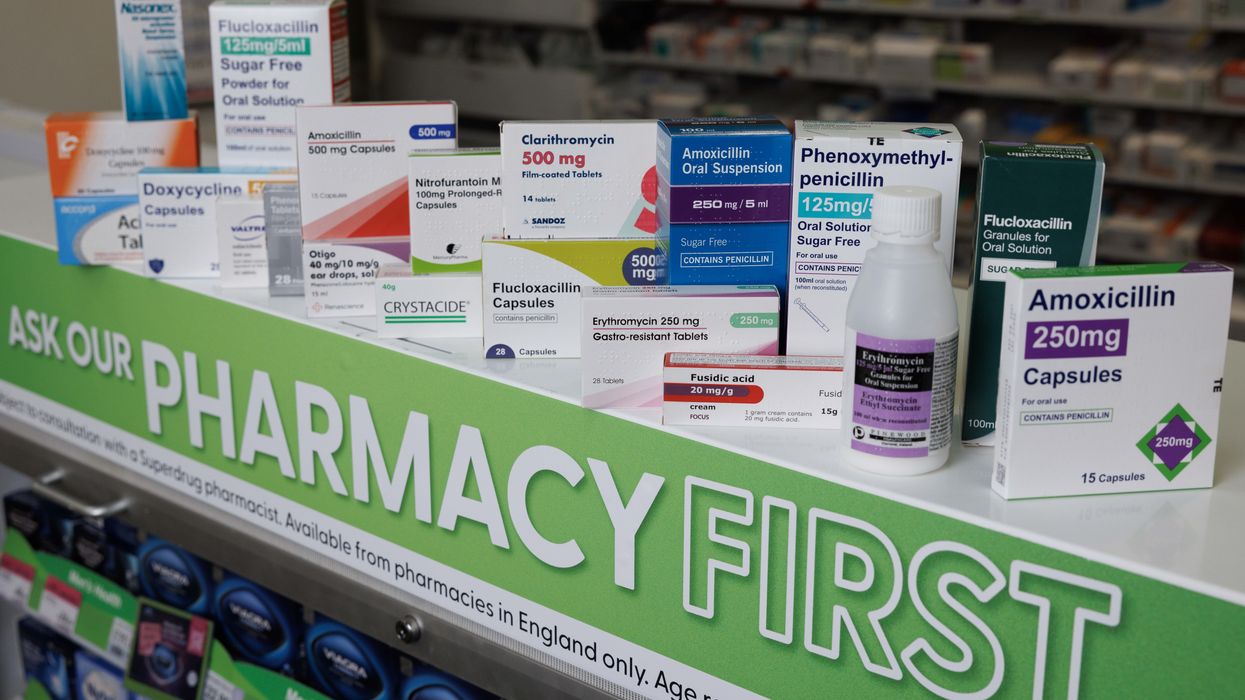By Claire Timmings
Planning law affects all property and needs to be carefully considered when a pharmacist is either taking on new premises, making alterations or reconfiguring their business requirements.
The use of a property for a certain activity can fall within a specified “use class”. Usually, planning permission would be required where there is a change of use between two use classes. There are exceptions which allow you to change from one use to another without planning permission.
Exceptions also apply to certain physical works carried out to a property, though these are limited. If the exception does not apply, you usually need planning permission for those works.
Traditional model
A traditional High Street pharmacy would usually have the benefit of falling within “use class”A1 as set out in the Schedule to the Town and Country Planning (Use Classes) Order 1987 (the Order).
Sometimes planning permissions can contain conditions which might restrict the use of the property. When buying a new pharmacy, it is important to check whether there is a planning permission and if there are conditions which may restrict or prevent you from using the property in any way, e.g the hours of operation or for deliveries or restricting the type of occupier.
Where a pharmacy forms part of a health centre development, the pharmacy could fall within the primary use class which covers the health centre (usually Class D1).
For a pharmacy in a health centre to retain a Class D1 use its activities will need to remain ancillary to those of the health centre.
There are various factors that can determine whether or not a pharmacy use is ancillary to the health centre use. Factors which could indicate that the use is not an ancillary use include:
- the amount of over the counter sales or prescriptions issued by the pharmacy is greater than those issued for the whole of the health centre;
- the pharmacy has its own signage or access and could operate independently from the health centre.
- the physical floorspace taken by the pharmacy is greater to the floor space of the health centre.
Where a pharmacy does not necessarily fall within either an A1 or D1 use class (which is usually where the planning permission refers to use as a pharmacy) then it is construed as having a sui generis use.
This is a use which does not fall within any of the use classes specified in the Order and has a use which is specific to that particular property.
Internet pharmacy
Where you use a property for storage and/or distribution purposes this use would usually fall within Class B8 of the Order.
If you introduce a trade counter which is customer facing then you may need to apply for planning permission if the trade/retail use becomes the main use of the property, and not the storage and/or distribution use.
Again, where planning permission is required you need to carefully consider any conditions attached to the permission to make sure they do not prevent or restrict the use that you require.
New development and advertisements
Where any physical works are carried out to a property, these will usually require planning permission unless such works are specifically exempt (i.e. internal alterations) or do not need consent.
Advertisement consent would be required if signage (whether or not it is illuminated) is going to be attached to the exterior of the property or placed within a shop front.
If the property is a listed building you may need to obtain separate listed building consent for any works (including internal works) you intend to carry out. Failure to obtain listed building consent where it is required is a criminal offence.
Long use and enforcement action
If any works or a change of use have been carried out without planning permission, you will need to check if such changes have become immune from enforcement action because of long use.
For physical works, enforcement action cannot be taken after four years from substantial completion of those works. For other breaches, including breaches of conditions imposed on a planning permission and changes of use, these can be subject to enforcement for ten years.
Enforcement action can also be taken outside those periods if there has been deliberate concealment.
These limitations do not apply to listed buildings, where the local authority has the right to take enforcement action at any time after any breach and potentially pursue criminal proceedings.
The local authority has a variety of enforcement powers and could require you to submit a retrospective planning application to authorise the change. If the breach is serious, they could serve enforcement notices or stop notices which could require you to stop any use/operations at the property or put the property back into its original state (which may not be commercially viable). Failure to comply with such notices could lead to a fine/imprisonment.
Conclusion
Planning is a complex area and subject to continual change. Legal advice should be obtained to ensure that planning permission for the pharmacy use exists, the conditions are not onerous and restrictive, and if there is a breach, steps are taken to address the risk of enforcement action.
The above is a general overview and we recommend that specific advice is sought for your particular concerns. If you have any queries please do not hesitate to contact Claire Timmings a legal director and member of the pharmacy transactions team or Dan Murphy an associate in the planning team at Charles Russell Speechlys LLP. Claire can be contacted on claire.timmings@crsblaw.com and Dan on dan.murphy@crsblaw.com
This article also appears in the February issue of Pharmacy Business.











